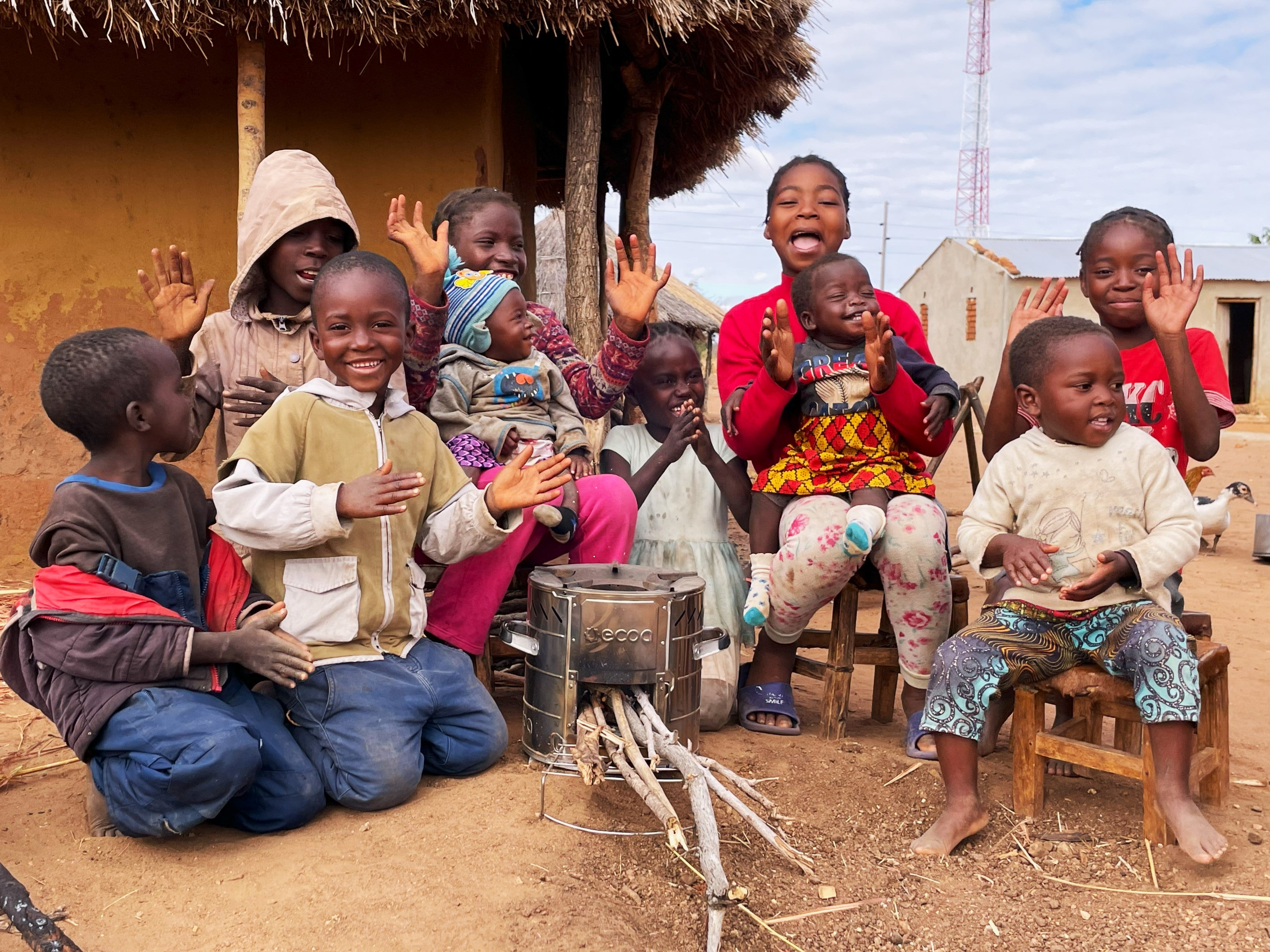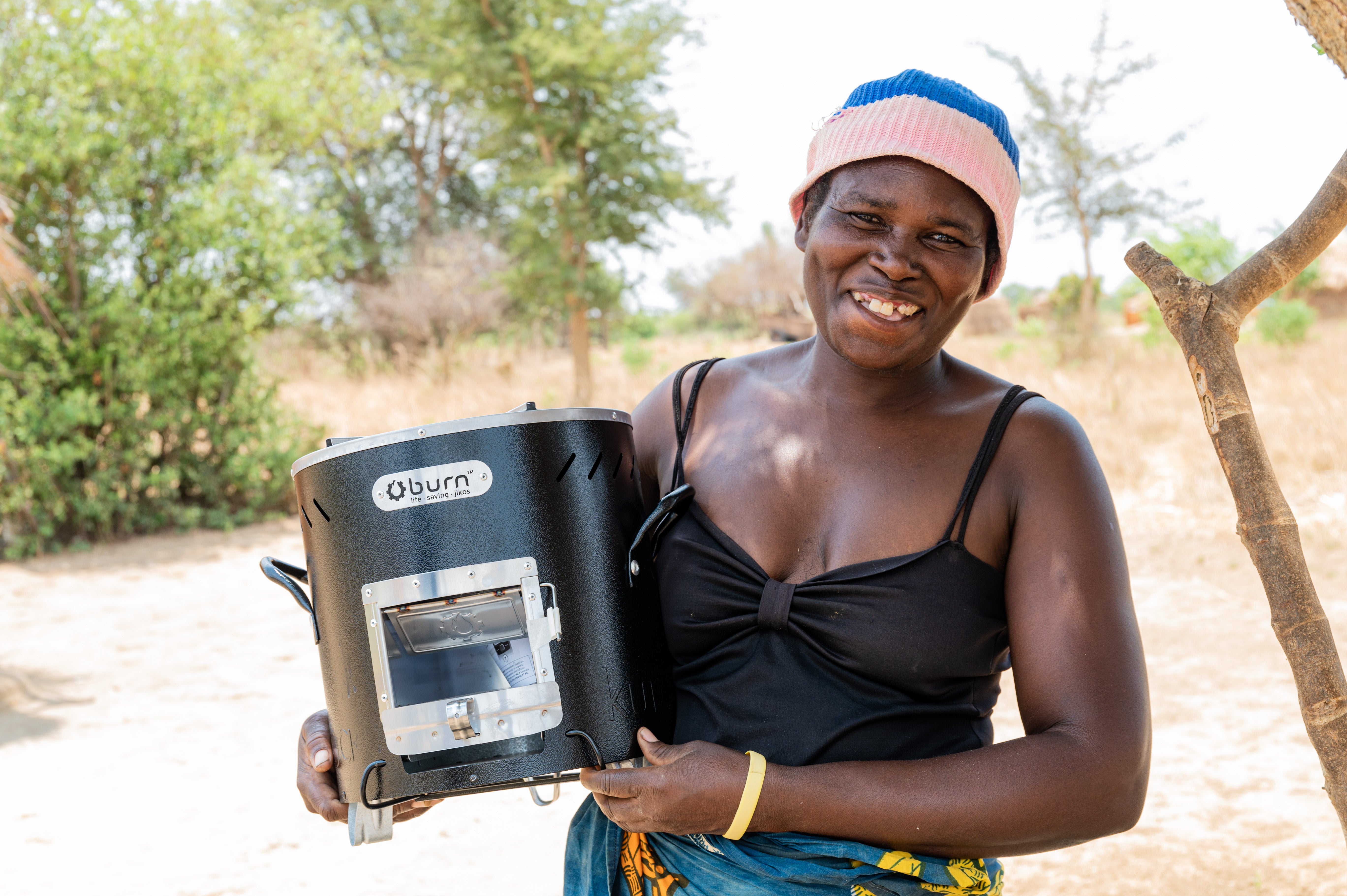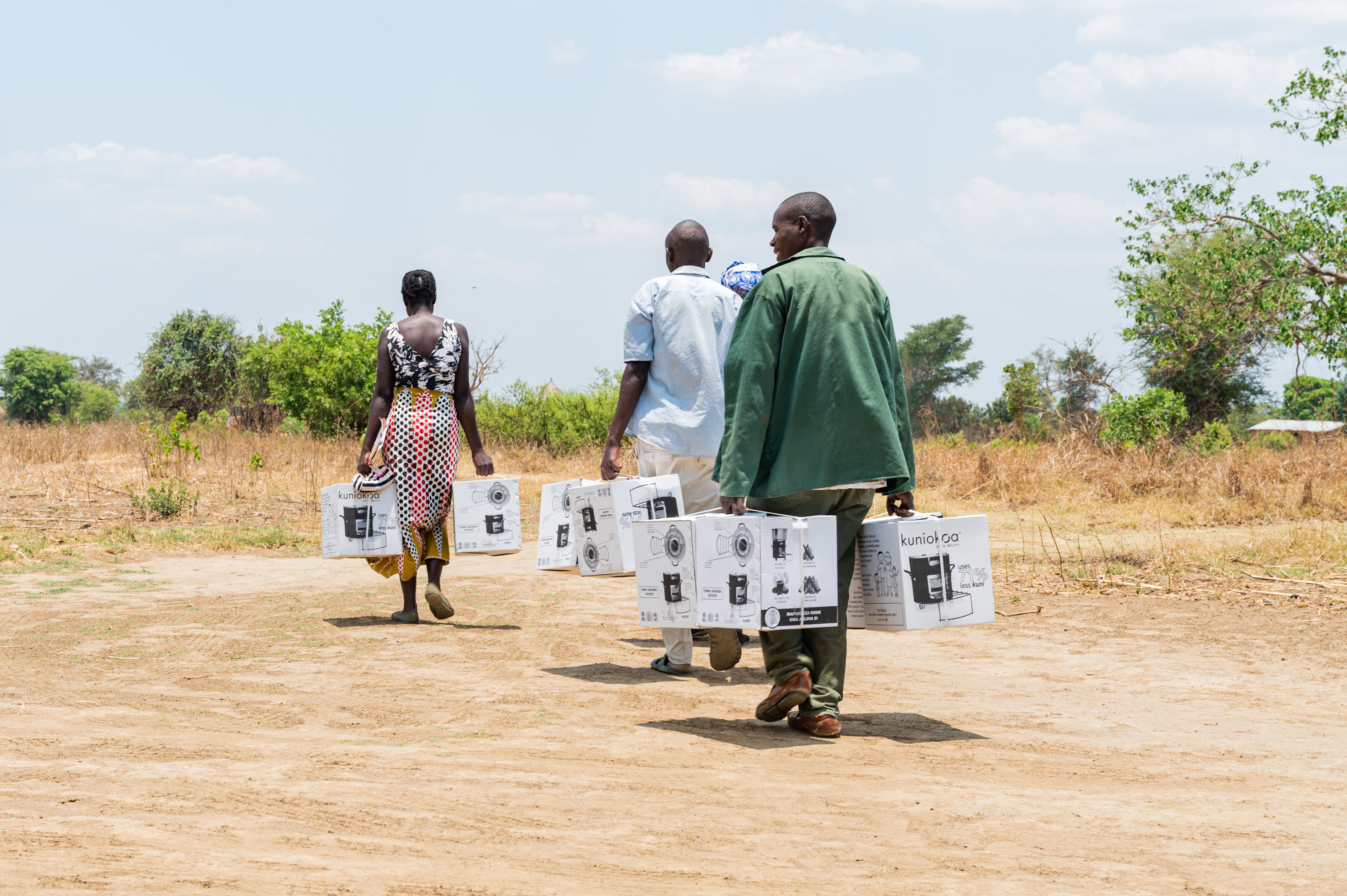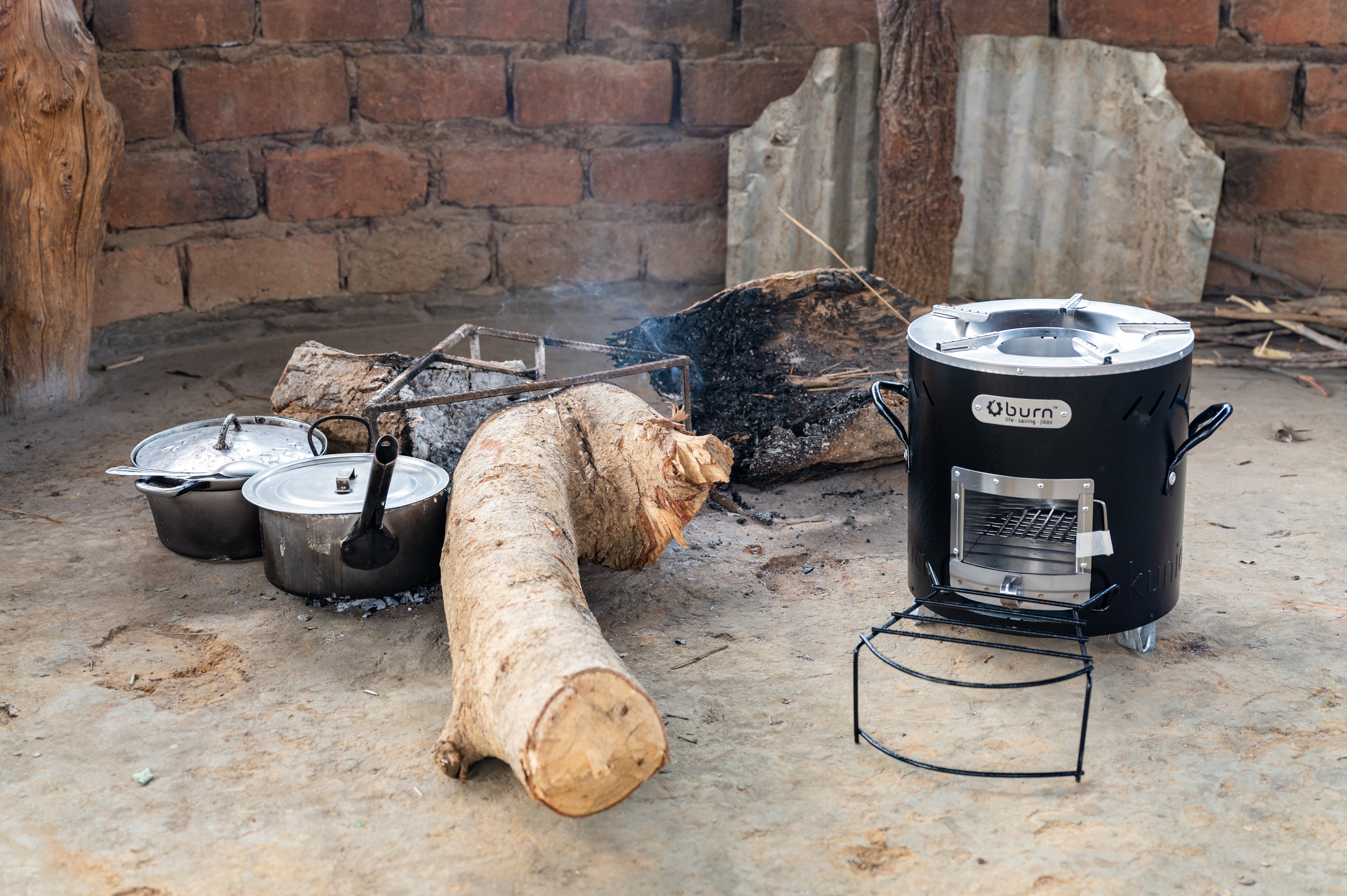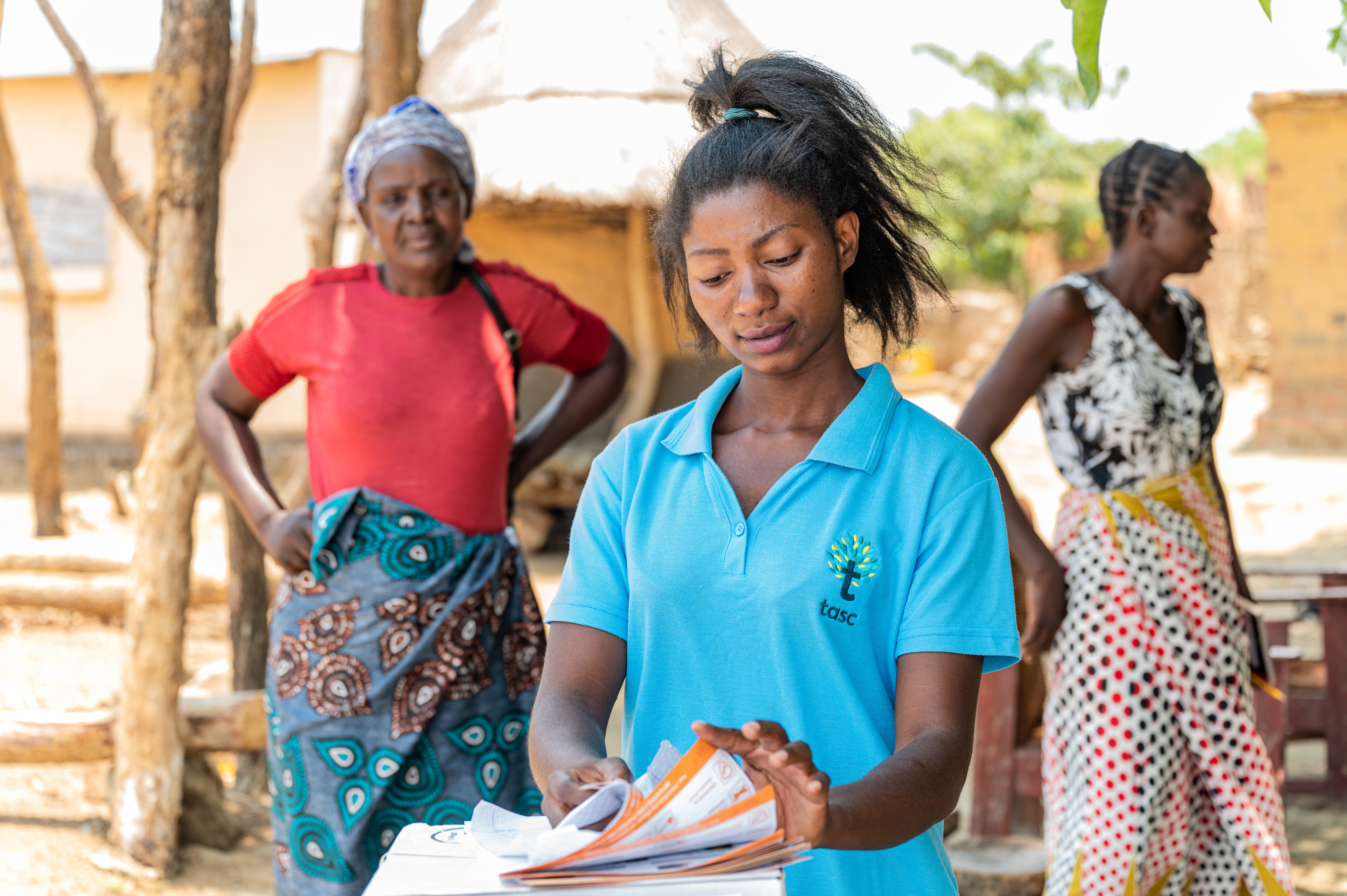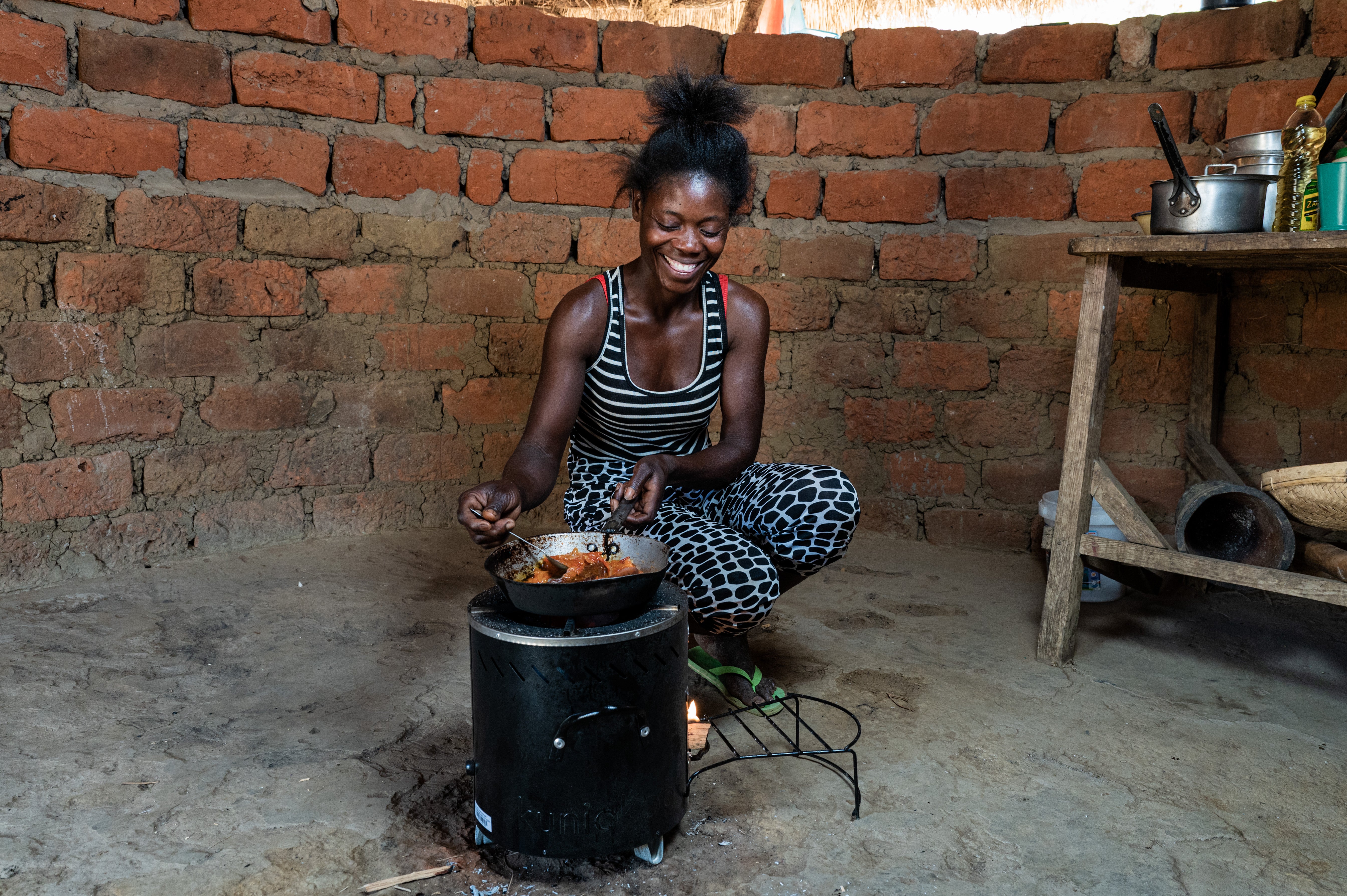Improved Cookstoves for Rural Zambia
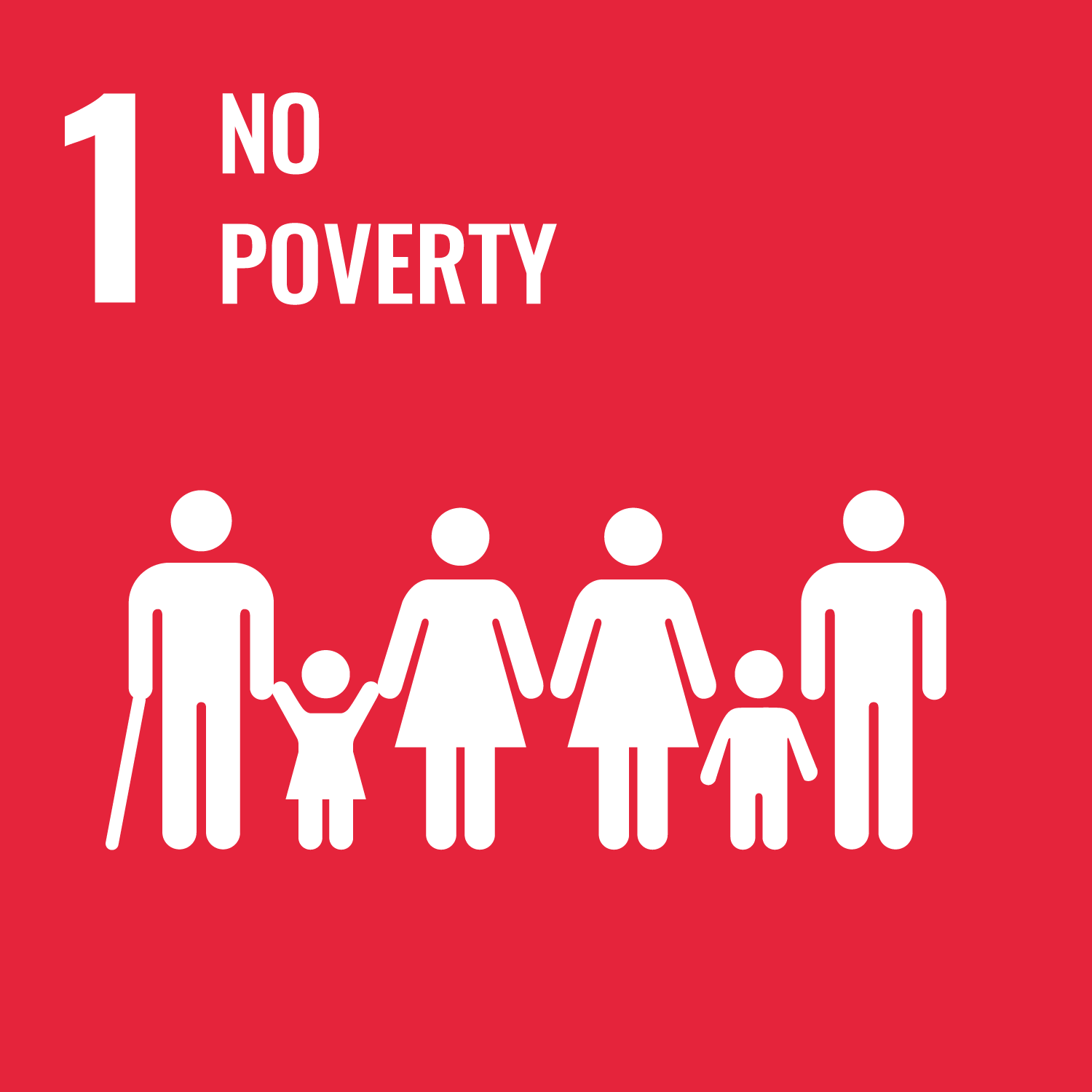
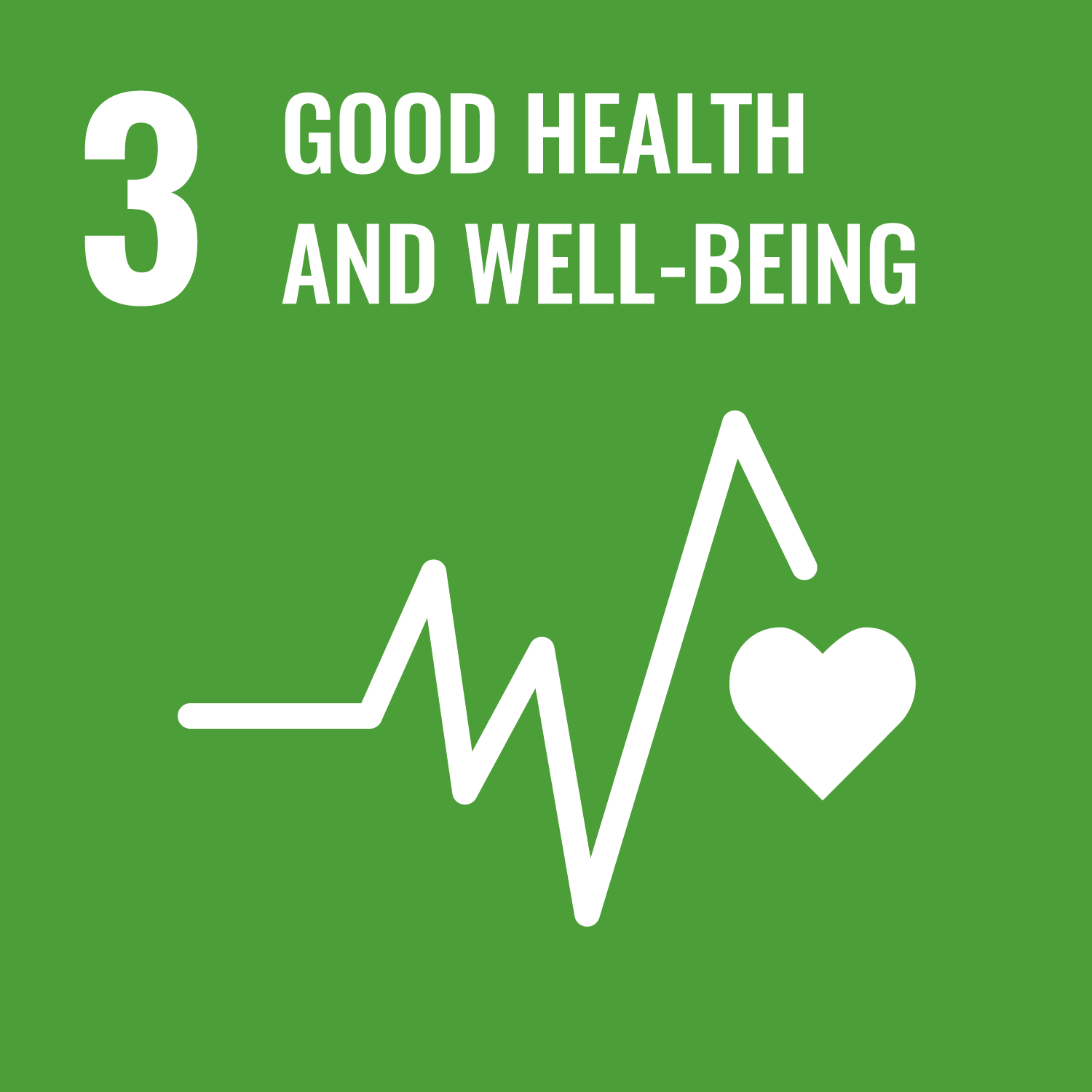
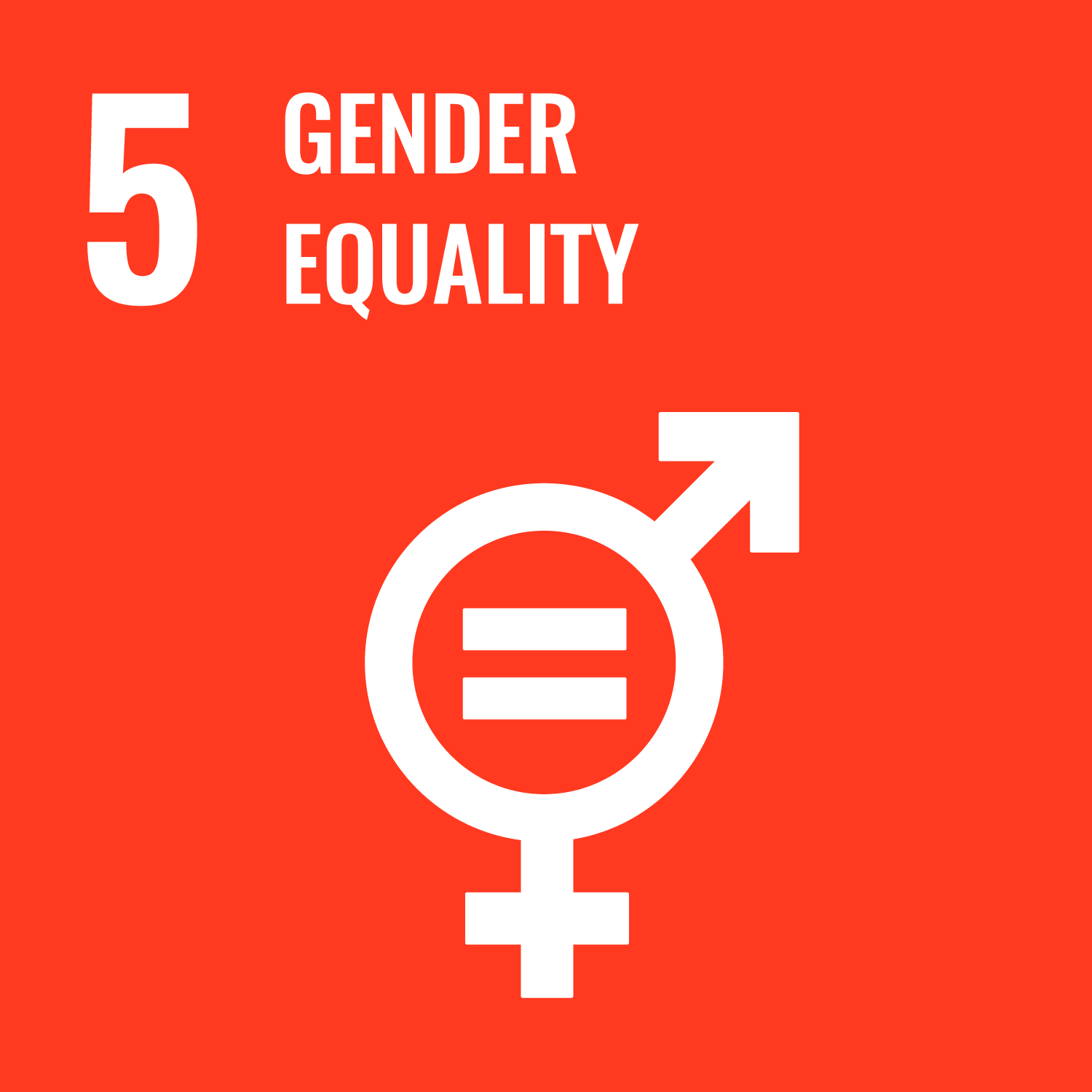
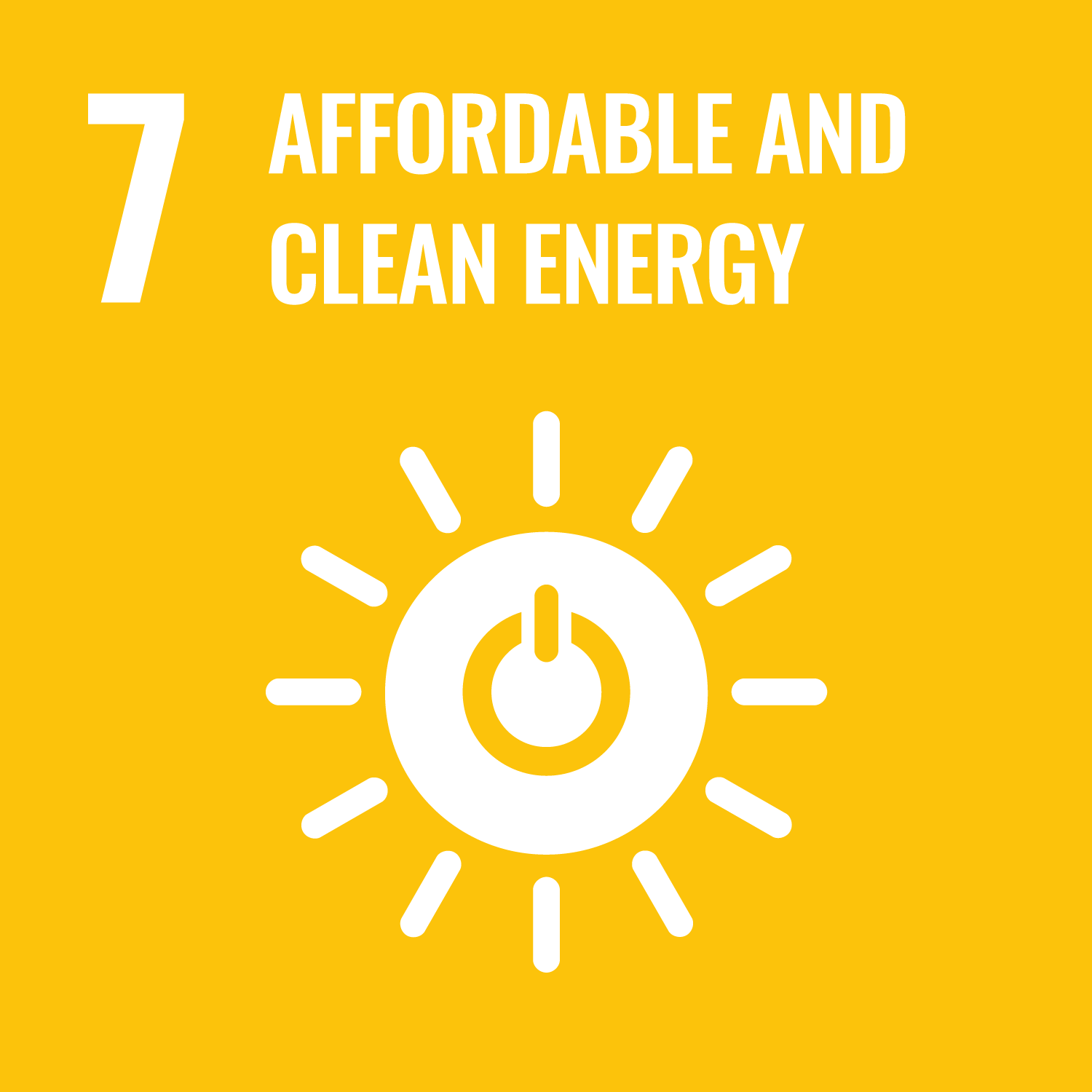
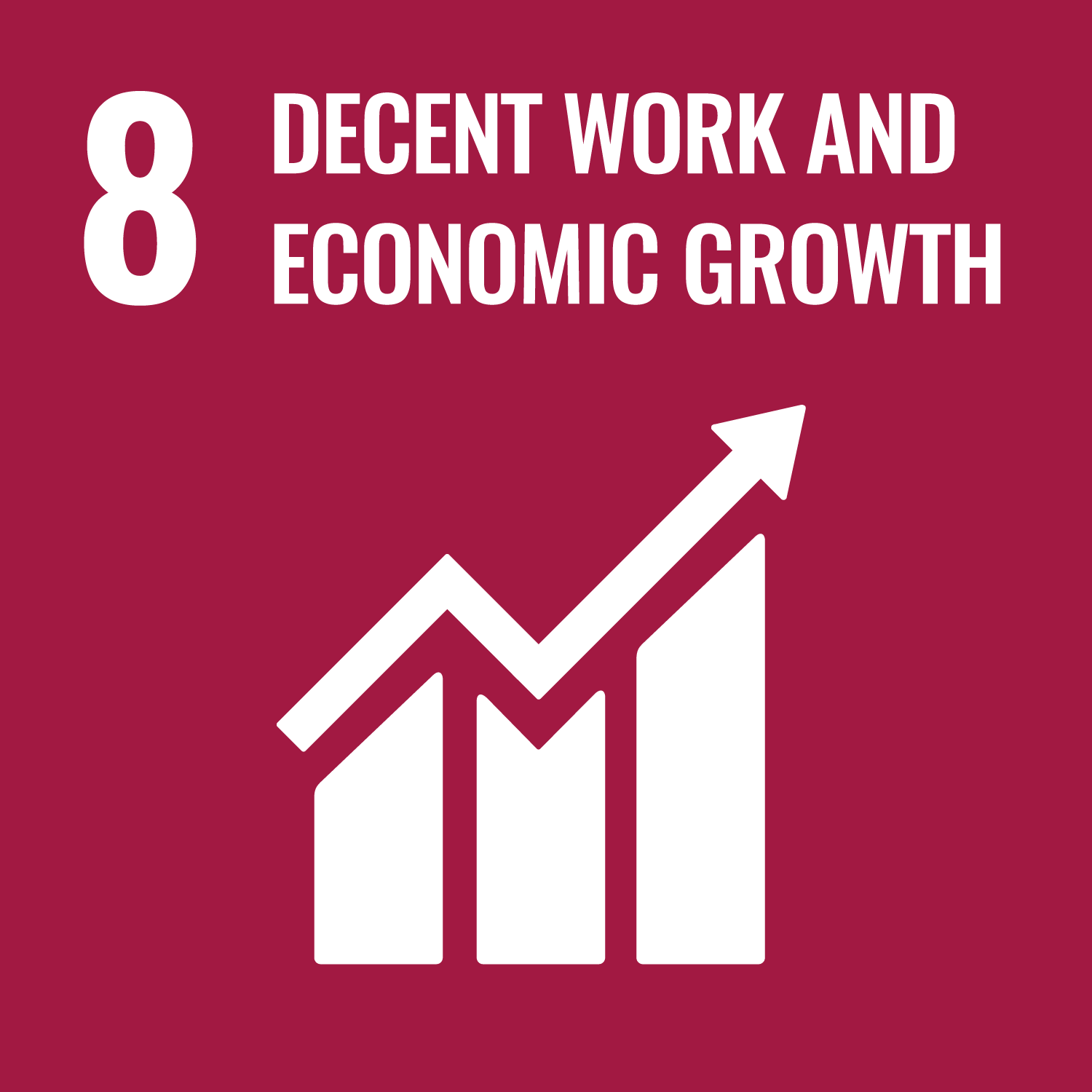
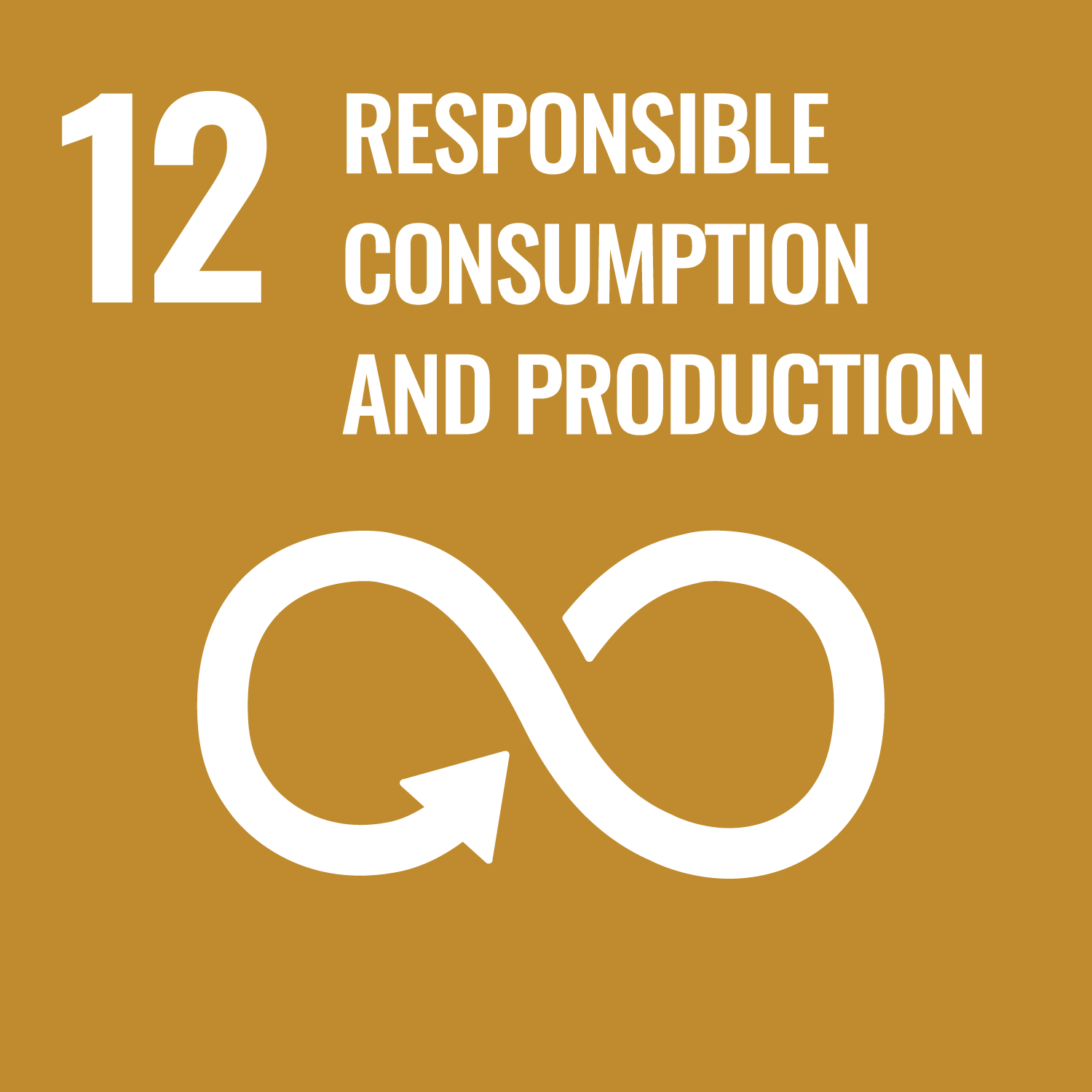
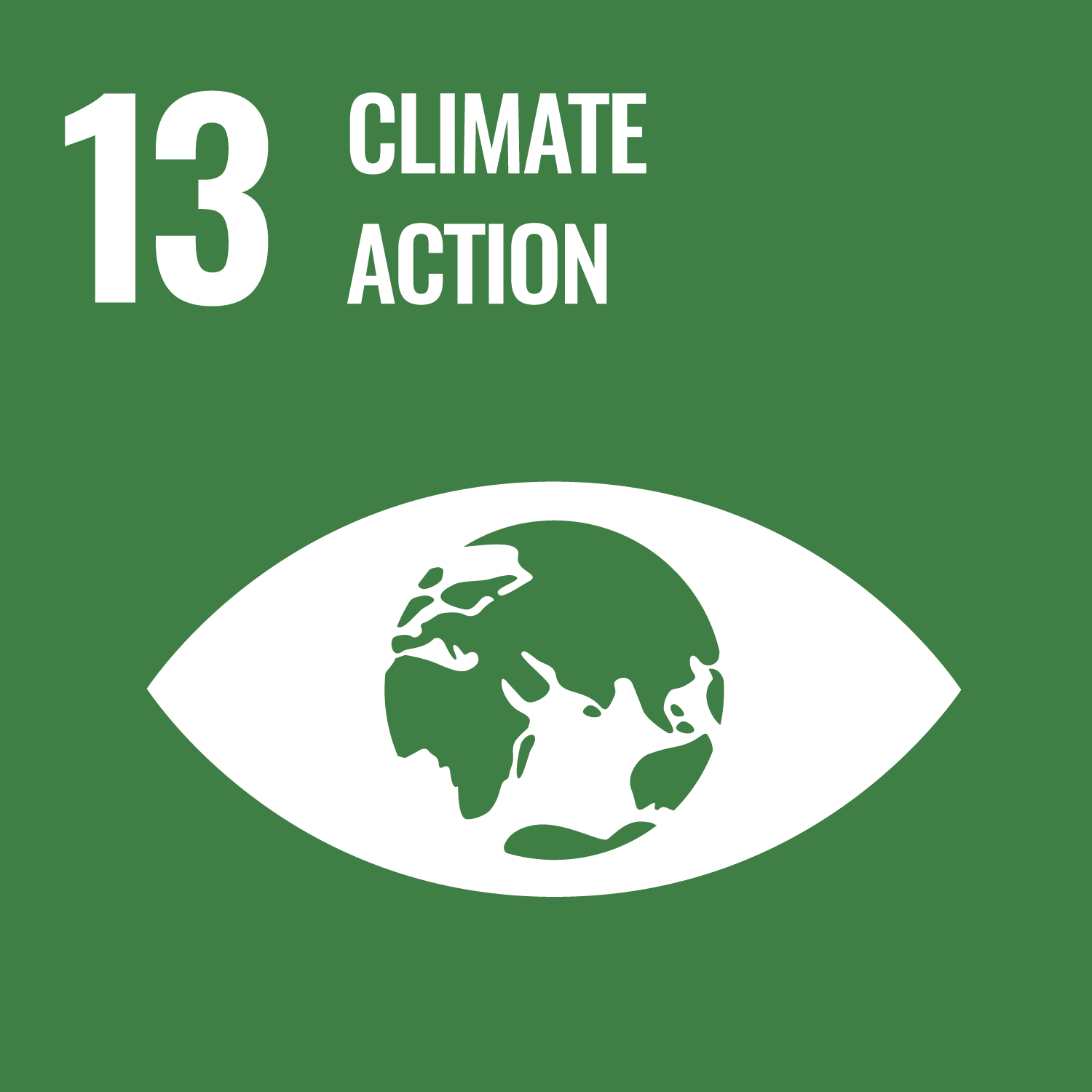
[FINAL] TASC documentary - Zambia from Dominique Hayward on Vimeo.
Over 700 million Africans cook on open fires, which are extremely inefficient and a primary cause of deforestation across the continent. Open fire cooking is also the leading source of household air pollution (HAP), causing over 4 million premature deaths each year, more than tuberculosis and HIV combined. Improved cook stoves (ICS) can reduce HAP by up to 50% and fuel use by up to 70%. TASC has distributed over 145,000 stoves in rural Zambia and reduced CO2 emissions by over 750,000 tonnes to date.
Our local team works closely with tribal authorities to introduce and train the local communities to use and maintain their stoves. After the stoves are distributed we continue to visit beneficiaries for ongoing monitoring in the community. We are proud to note that the heat sensors recently installed on our ICS as part of a pilot programme have objectively proven usage rates of 97% and at a minimum, single daily usage of the stoves. This pilot is done voluntarily in our attempt to calculate emissions reductions with impartiality.
Project Impacts and Benefits
The primary impact of the clean cooking programme is to reduce CO2 emissions by reducing the amount of non-renewable biomass that is used in household cooking. Consumption of local wood fuel is reduced by up to 70%. The introduction of an improved cooking solution also reduces exposure to the indoor air pollutants associated with traditional biomass cooking.
Furthermore, in the poorest communities, the burden of collecting and/or purchasing fuel for cooking often falls on women and children. By reducing fuel collection and cooking time, this project ensures that women in project households have more time to invest in other productive economic development activities.
Finally, the implementation of the project allows for the employment of the local community to assist with the distribution, logistics, management, and monitoring activities.
In the first monitoring period:
- Good health and wellbeing - 99% of project households reported a reduction in smoke (or particulate matter) after the introduction of the stoves
- Gender equality - 98% of project households reported a time savings after the introduction of the stoves; female beneficiaries may use time saved collecting fuel or cooking to pursue other education or economic activities.
- No Poverty - More than 230,000 households received an Improved Cookstove
- Responsible consumption and production - The stoves saved 4.67 tonnes of wood per household per year.
More information on this project can be found in the Gold Standard Impact Registry and in a co-authored article on the Gold Standard website.
Vintages of credits: 2023
N.B. Individual vintages cannot be selected for purchase. Purchases will include credits from the vintage range stated.
Project Developer
The African Stove Company

